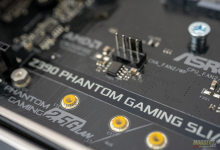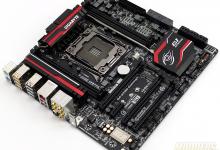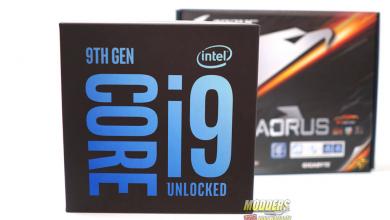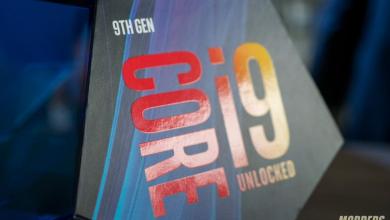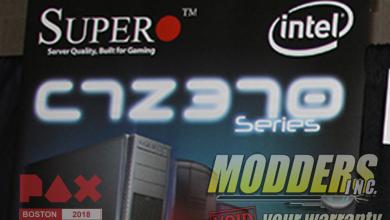Multimedia, Compression and Semi-Synthetic Benchmarks
X264 FHD
x264 is a free software library for encoding video streams into the H.264/MPEG-4 AVC format. x264 FHD measures how efficient a system is in encoding H.264 video and produces results in frames-per-second. H.265/HEVC video encoding is the future of video able to compress significantly larger resolution videos including 4K and make streaming a possibility. The 9900k ran the x264 FHD benchmark at an average of 61.19 frames per second. This was far better than the i7 8700k which average 43.63 FPS.
X265
x265 is an open-source implementation of the H.265 standard and x.265 HD benchmark tests the CPU’s ability to process an HEVC video. This benchmark is run by the processor alone. The I9 9900k used in this review averaged 36.27 FPS. That may sound a bit low but keep in mind, this benchmark is run by the CPU only. Furthermore, it beat the I7 8700k by 9 frames per second with the 8700k averaging 27.27 FPS in the X265 benchmark.
7-Zip
The 7-zip benchmark shows a rating in MIPS (million instructions per second). The rating value is calculated from the measured speed, and it is normalized with results of Intel Core 2 CPU with multi-threading option switched off. So, if you have modern CPU from Intel or AMD, rating values in single-thread mode must be close to real CPU frequency. There are two tests, compression with LZMA method and decompression with LZMA method. Once the total passes reach 100, the score is taken. 7-Zip gives the resulting score for decompressing, compressing and an overall score. The I9 9900k achieved a decompressing score of 55195, a compressing score of 54944 and a total rating of 54086. This destroyed the I7 8700k and its scores. The 8700k achieved a decompressing score of 34524, a compressing score of 37005 and a total rating of 35764. This is due to the two additional core and four threads of the i9 9900k.
WINRAR
WinRAR is a file archiver utility for Windows, developed by Eugene Roshal of win.rar GmbH. It can create and view archives in RAR or ZIP file formats and unpack numerous archive file formats. The chart shows a comparison of the 8th generation I7 8700k and the 9th generation the I9 9900k, with the 9900k being the faster. I was surprised at how much faster though. The I7 8700k had a resulting speed of 13499 KB/s. The I9 9900k more than doubled that speed at 28045 KB/s.
Handbrake
HandBrake is a free and open-source video transcoder, originally developed in 2003 by Eric Petit to make ripping a film from a DVD to a data storage device easier. Essentially, it can convert video to almost any modern format. HandBrake is available for Linux, macOS, and Windows. The workload video file is a ~6.27 GB, 3840 x 1714, 73.4 Mbps, 24fps, H.264, .mov video file that is transcoded to a ~1480 MB, 1920×858, ~17.1 Mbps, 24fps, H.264, .mp4 video file. The clip is called Tears of Steel. The I9 9900k encoded the file is 5 minutes and 27 seconds. This was a little over a minute faster than AMDs flagship R7 2700x at 6 minutes and 17 seconds. To my surprise, it was over two minutes faster than the I7 8700k and its 7 minutes and 22 seconds.
PCMARK10
PCMark 10 is a system benchmark for Windows PCs which focuses on common tasks performed in the office. PCMARK 10 offers a variety of workloads categorized into four groups. The Essentials group includes web browsing, video conferencing, and app start-up time. The Productivity group includes tests based on spreadsheets and writing. The Digital Content Creation group includes photo editing, video editing, and a rendering and visualization test. The final group, Gaming, includes tests for real-time graphics and physics. It has three different benchmarks, PCMARK 10, PCMARK 10 Express and PCMARK 10 Extended. We ran PCMARK 10 on both the i7 8700k and the i9 9900k. The 8700k results were added just to give a comparison for the 9900k. With the exception of the Web test, the I9 9900k steadily beat out the I7 8700k. However, in the Web test, the 8700k more than doubled the score of the I9 9900k. The 8700k scored 8860 to the 3601 of the 8700k.


